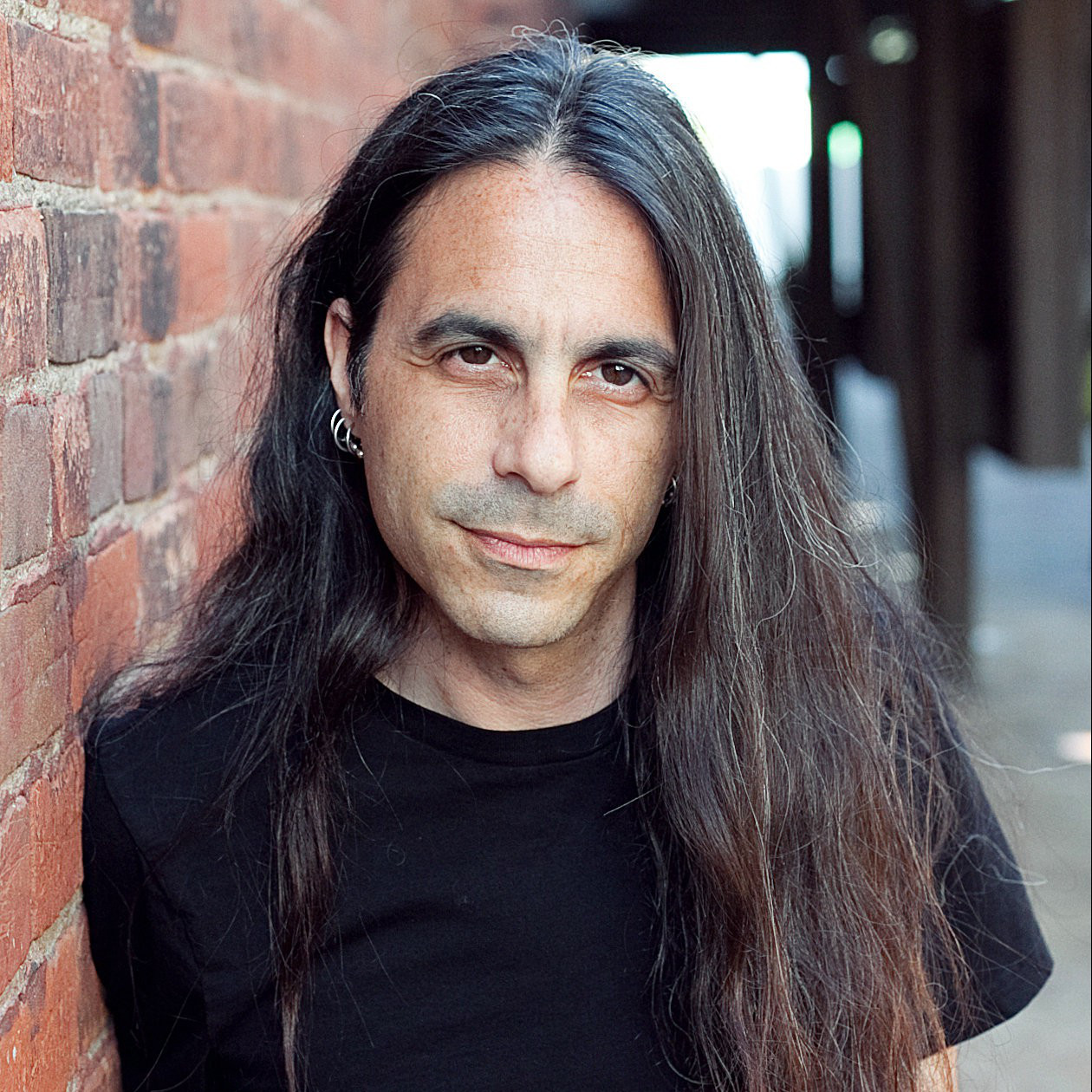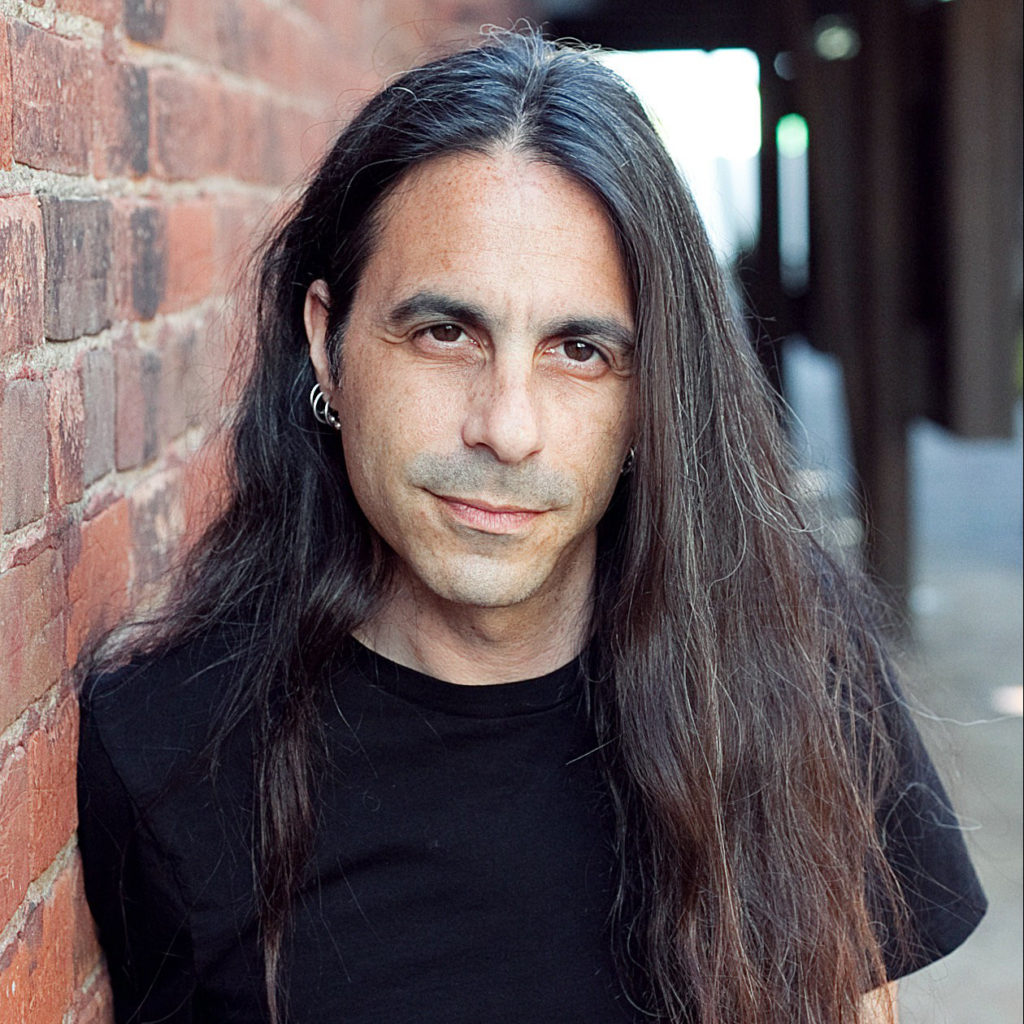By Jeff Maisey
Everyone in the music industry is familiar with the SXSW music conference. In many respects it’s what put Austin, Texas on the map for those seeking a cool, pro-independent music scene.
SXSW (10 consecutive days in March) has now gotten so big its success is beginning to drive some indie bands elsewhere, yet there is no denying its economic impact.
SXSW began in 1987 with the mission of bringing creative people and companies together to meet and share ideas in the realm of music, and later film.
In 2017, the city put the event’s economic impact on Austin at $348.6 million (that year), with 167,800 participants for the music festival component and 70,574 for film.
Drew Little of Chesapeake, Virginia thinks there is a way to offer some of the same types of music business conference elements in a more intimate setting, plus host live music in multiple venues and public spaces.
In fact, he’s doing so in downtown Norfolk from May 10-13 as the East Coast Music Conference (ECMC) makes its debut.
After a walking tour of the spaces the event will utilize within Slover Library and the Waterside Marriott, I sat down with Drew Little for a Q&A.
Can you share with us how the East Coast Music Conference came together? I assume it was modeled, in part, after SXSW and the former CMJ conferences of NYC, right?
I guess the answer is, yes.
We’ve been looking to do something in the area for a while. I’ve been to CMJ quite a few times, and now it’s Mondo. The SXSW model, we thought, had a lot to offer.
In the case of all the conferences we looked at we felt like there were things that could be done differently. I won’t say better, but differently to appeal to indie artists. We felt there were seminars that could be done that were more relevant without being so much of a sales pitch for services.
We also knew from musicians who attended conferences they wanted to play more.
We wanted to see if we could make it more affordable, put more music in the conference, and send them home with some real action plans to have a better career.
So, it was definitely inspired by SXSW, Mondo, and DIY. We looked at all of them, and picked and chose what we felt were the best elements that we could bring to Norfolk.
What did you feel were those best elements that would be relevant to independent bands?
Topics like being more efficient with touring; being able to make more of your merchandise; knowing how to navigate sync licensing and publishing. For independent musicians those are so big right now, especially with the explosion of video content. There is so much more video content being generated with all the different video streaming services. It all means music. There’s a real home for independent musicians in that part of the film industry. They just need to know how to access it.
So, we needed to have significant programming towards that.
There’s also basic stuff like how to set your band up to operate as a business and make sure you’re doing the right things with your money and with your rights. How to protect your intellectual property is something a lot of independent artists miss. How to navigate the streaming landscape. The level of money you can make from streaming in inconsequential for most independent bands, so you have to figure out how to use streaming as a promotion without destroying your sales base.
There are just so many things that are indie focused and specific to the challenges faced by indie bands. Indies have to do it all themselves. We’re trying to give them the tools to do it all themselves.
The goal is not just a philosophy for how to handle your career, but actual action steps. We have seminars that will teach artists how to handle their social media. A lot of independent artists are overwhelmed by the many social media and band platforms that are out there. They don’t know which ones to use or how to use them. It ends up being this huge construct that keeps them from doing what they should really be focused on, which is playing music.
We have experts that will show them how to streamline that presence and make it work for them.
Can you share with us the live music components of the ECMC?
We have 95 artists coming from seven countries and 20 US states. We have rock, jazz, alternative, hip hop, country, blues, world music, experimental…a wide range of artists from all over doing original music and playing at venues in the Granby Street area, starting with the pool deck of the Marriott all the way to O’Connor Brewing Company.
We’re doing three shows at The Plot. We’re doing shows at FM, Tap It Local, Pour House, Barrel Room, Brick Anchor, Granby Theater, Bearded Bird Brewing, Coelacanth.
Who are the speaker highlights?
My personal opinion is I’m really excited to see Eric Alper. He’s a publicist who has worked with just about everybody: Ray Charles, Merle Haggard, Smashing Pumpkins. He’s a very interesting guy, and he’s a super nice guy as well. He’s got a lot of information and stories to share. Things independent artists can use to bring awareness to them.
Chris Clark is a guy I’ve known for years. We started an independent label in the same town at the same time almost 30 years ago. He’s gone on to work in radio and Mammoth Records, where we worked with Seven Mary Three and Squirrel Nut Zippers. Then he went on to entertainment law where he’s been very successful.
Vanessa Ferrer from Merch Cat will be a great speaker. She’s got a strong business and music background and really understands how to help artists navigate the streaming landscape and how to make up some of the music losses through merchandise.
Looking a a survey sent to attendees, they like the panel on booking tours with Andrea McKee of Limelight, which is a company that does house shares, and a jazz musician named Jon Ross, who has toured extensively. It looks like 70 percent of the people plan to see Eric Alper.
Those are a few of the 30 panels.
How is the pricing for attendance structured?
For all the music industry conferences it is $99 for the four days. If you just want to go and see all the shows and listening parties that’s only $59. To do it all is $99.
There is a walk-up registration for $129. It’s better to do it online in advance, but you can actually walk in Slover Library Thursday morning and get a pass.
All events in the Slover are free. Across the street at the Mariott is where we’re having the conference sessions on the first floor and the expo.
WANT TO GO?
East Coast Music Conference
May 10-13
Slover Library/Waterside Marriott





